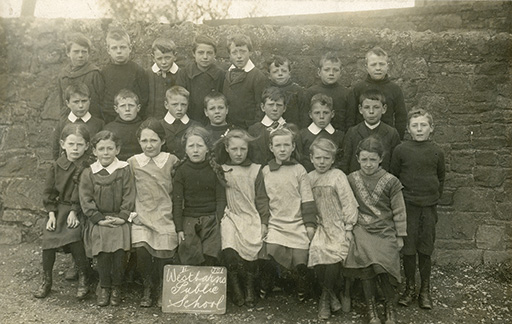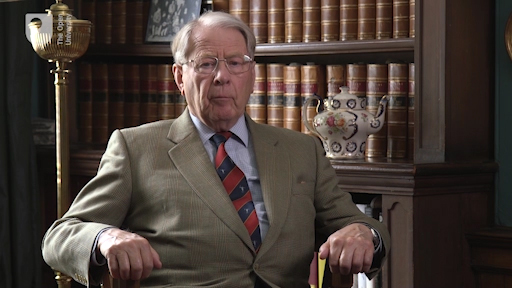3 Other influences
By 1800, the influence of Roman law within Scotland was in decline. The Napoleonic Wars meant that it had become more difficult to study Roman law on the continent. The Court of Session had now been in existence for over 250 years and a substantial body of Scots case law now existed. However, the influence of English law had also been growing over the past 80 years as a result of the Act of Union 1707. Civil law and statute had been key to the development of Scots criminal law in the seventeenth century. Their influence was now in decline.
Humanism was the ascendant culture in Scotland in the seventeenth century. High levels of literacy in Scotland also led to the spread and discussion of new ideas. In the eighteenth century developments such as the 1689 Revolutionary Settlement and Act of Union 1707 introduced the Royal House of Hanover, Presbyterian Church government and union with England. A more Calvinist utilitarian orientated culture began to develop.

You explored common law in Week 1, and following the Act of Union 1707, its influence began to impact and influence the development of the system.
Society also has a role to play in influencing laws that are applied and developed. Watch the following video in which Sir David Edward reflects on an example of the link between law, its application and the society within which the law operates.

